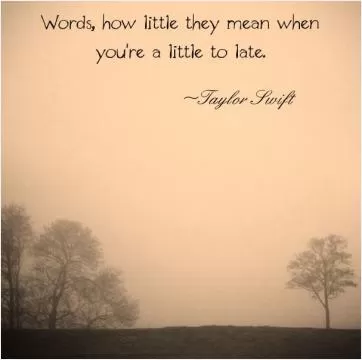I am lost, I am vain, I will never be the same without you


I am lost, I am vain, I will never be the same without you
The phrase "I am lost, I am vain, I will never be the same without you" encapsulates the essence of vain words - words that are self-centered, superficial, and lacking in genuine emotion or meaning. When someone utters these words, they are essentially expressing their own sense of loss and longing in a way that is focused solely on themselves and their own feelings, rather than on the person they are addressing.The first part of the phrase, "I am lost," conveys a sense of confusion and disorientation, suggesting that the speaker is struggling to find their way without the presence of the other person. However, the use of the word "lost" also implies a certain self-absorption, as if the speaker is more concerned with their own feelings of being adrift than with the actual impact of their absence on the other person.
The second part of the phrase, "I am vain," further underscores the self-centered nature of these words. By describing themselves as vain, the speaker is acknowledging their own preoccupation with their appearance, reputation, or self-image. This suggests that their sense of loss is not just about missing the other person, but also about how their absence affects their own sense of self-worth or importance.
The phrase concludes with the declaration, "I will never be the same without you," which highlights the speaker's belief that their identity or sense of self is somehow incomplete without the other person. This statement is not only melodramatic and exaggerated, but also reveals a lack of resilience or self-reliance on the part of the speaker. By framing their sense of loss in such absolute terms, they are essentially denying their own agency and ability to adapt and grow in the face of change.












 Friendship Quotes
Friendship Quotes Love Quotes
Love Quotes Life Quotes
Life Quotes Funny Quotes
Funny Quotes Motivational Quotes
Motivational Quotes Inspirational Quotes
Inspirational Quotes